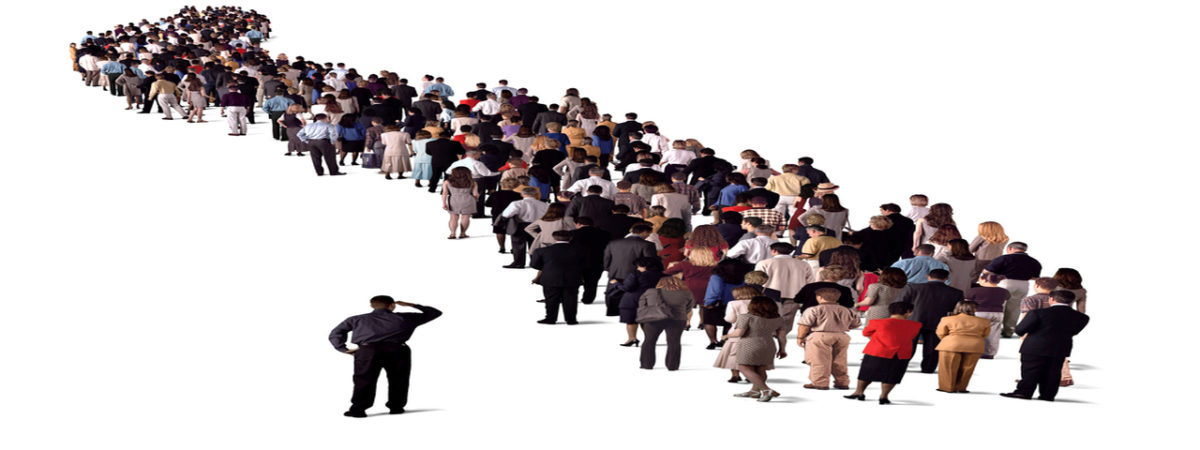The trouble with economic ‘experts’ is their exaggerated faith in spurious mathematical sophistication
SUGGESTED



Nobody wants brain surgery from a non-expert. At the same time, there is a paradox. On the one hand, we should use reason to try to improve the world. This is true whether in business, economics or science. But at the same time as believing in the importance of reason, we need to understand the limits of experts to predict how the world will behave and to design systems to improve it. Not appreciating those limits would lead to experts being conceited and over-stretching their competence, perhaps with disastrous consequences.
Economists should note that Gove was pointing the finger at them. And he was doing so with good reason. Economic forecasting of the sort done by many bodies, including the Bank of England, is sometimes pointless and sometimes dangerous. Occasionally it can be helpful.
It can be pointless because it will be correct when we don’t need forecasts. When everything is progressing according to the assumptions underlying the model, the forecaster might tell us whether inflation is going to be 2.4 per cent or 2.3 per cent in six months’ time. This might be useful in some contexts, but it is largely missing the wood for the trees.
What happens when important things are happening that the models do not or cannot take into account? Then things go wrong in a big way.
Not only did the Bank of England call the short-term effects of the Brexit vote completely wrong, back in 2009 it was basing policy decisions on predictions that there was a negligible probability that inflation could rise as high as 4 per cent within two years – it rose to over 5 per cent.
It is also worth reflecting on the role of experts before the crash.
Presciently, Mervyn King noted back in 2002, though without drawing the necessary general lessons, that central bank models do not include money despite money being the main driver of inflation. He said: “My own belief is that the absence of money in the standard models which economists use will cause problems in future.” How right he was.
The reason that such models do not include money is that the relationships between the supply of money and the economy are not easy to model. Typical models based on aggregate demand and supply are easier to construct and test. But in focusing on what is measurable, they miss what is important. Economists put far too much store in spurious statistical sophistication.
Indeed, well before the crash, in 2005 and 2006, a group of monetary economists twice wrote to the FT warning of trouble ahead if monetary growth continued at then current rates. However, none of our group would have been confident forecasting precisely what would happen. We were aware that important things were going on that would lead to consequences such as asset price inflation, consumer price inflation, an expansion of bank lending, and so on. And these things did happen.
This is how economists should reason. They should return to looking at the economic forces that are important even if, inconveniently, they are not precisely measurable. They should also realise that modelling the outcome of the actions of 7bn people all with a will and capacity for initiative of their own is not like modelling physical systems.
So, the problem is not experts as such. The problem comes when economists over-reach and treat complex systems of human interaction as if they are problems in the physical sciences. Humility requires that experts should know their limits. I would not commission even the most brilliant interior decorator to restore the Sistine Chapel. Restoring trust in economic experts requires an understanding of what they do and do not know and what they can and cannot model.
This article was first published in City AM.




